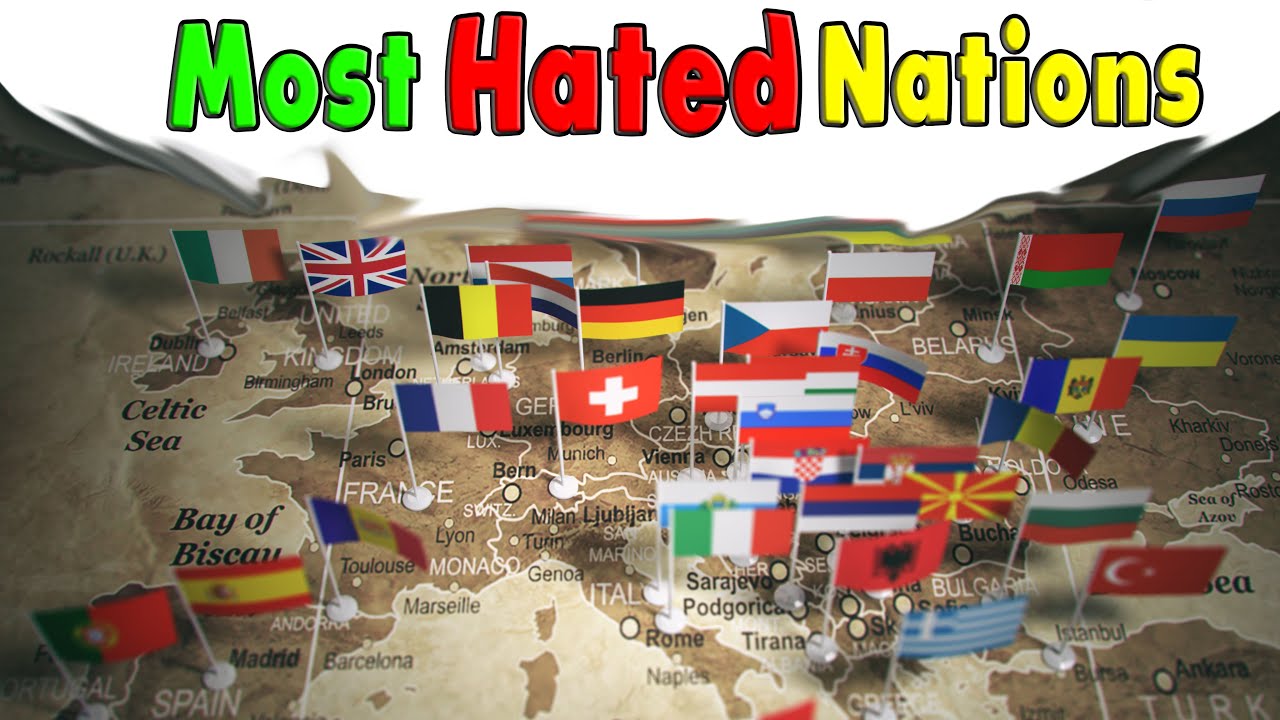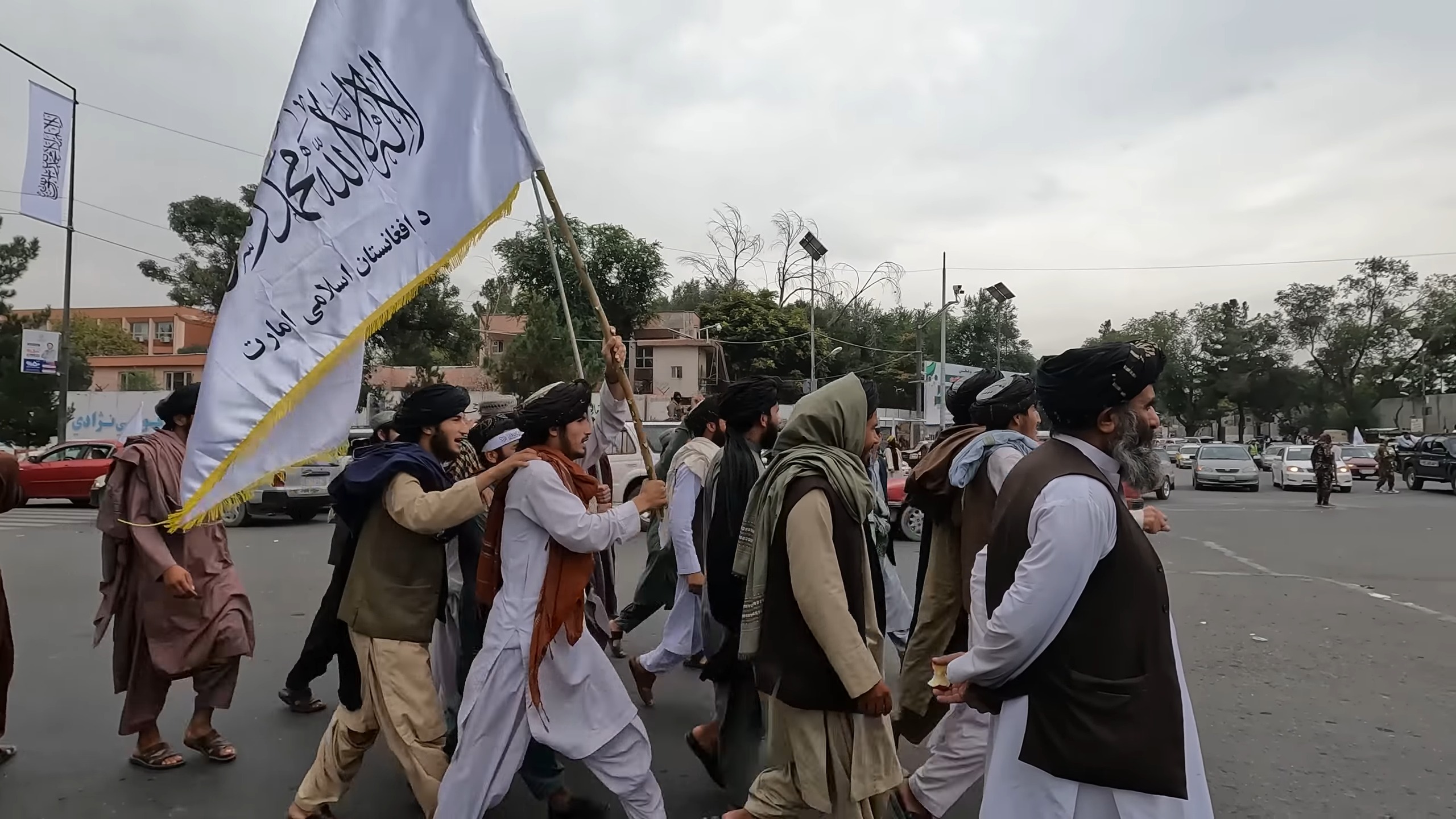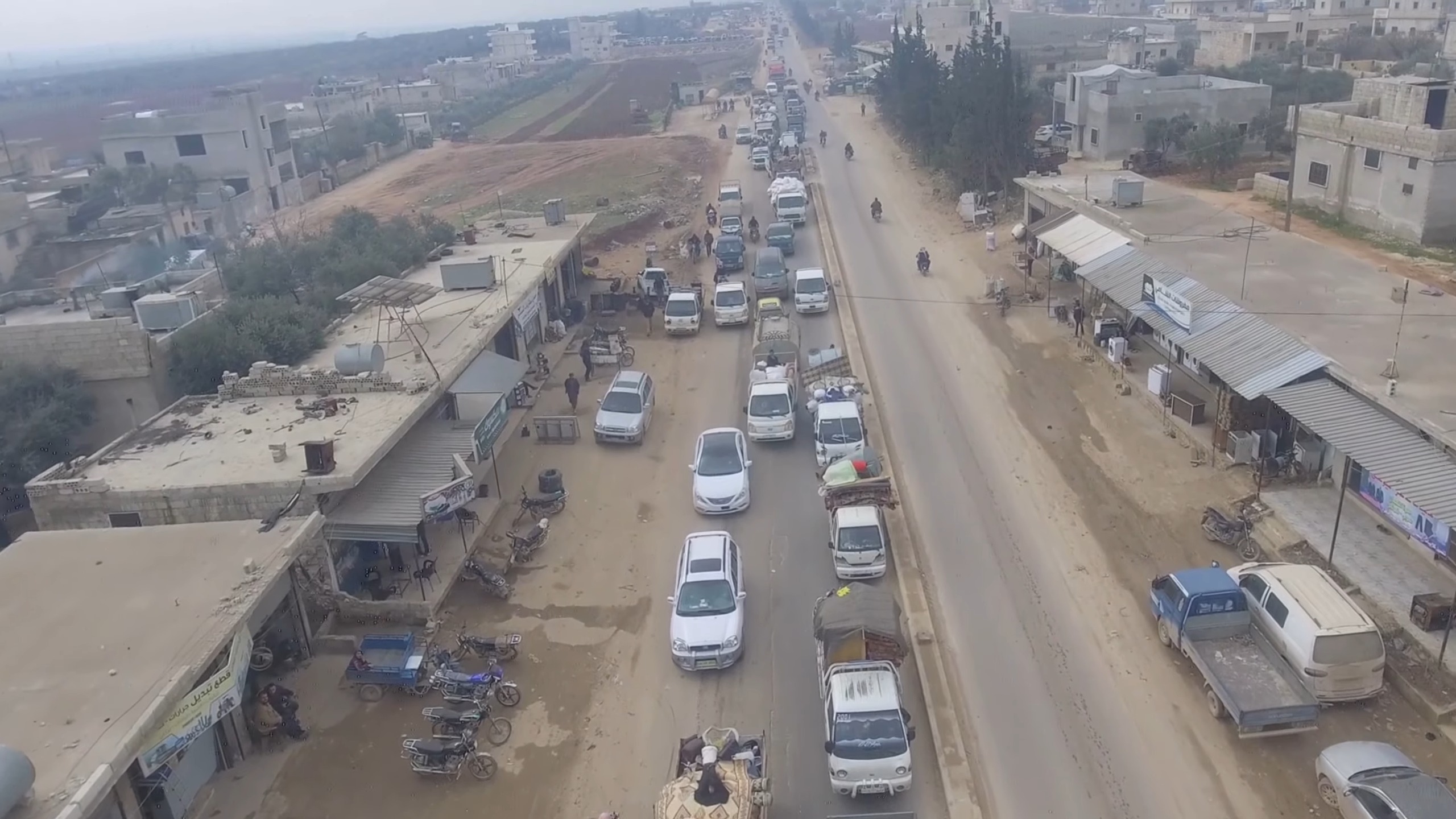The saying “hatred must end” has been pushed forward because it fuels negativity and attracts bad vibes. But let’s be real—hatred exists, and it’s not just limited to individuals. Countries can be on the receiving end of hate too. Why?
Well, the reasons are as diverse as people themselves. Maybe you visited a country and had an awful experience, or perhaps you’re from a place that was invaded by the country you now dislike. Or maybe you’re just going with the flow of global opinion. There are endless factors that shape our feelings toward a country.
Take the United States as an example. Naim breaks down the complex web of reasons why America often finds itself as the target of hate. He identifies five main types: political-economic, historical, religious, cultural, and psychological.
For instance, political and economic resentment toward America often stems from its current foreign policies, like supporting Israel and certain Middle Eastern governments, or its past actions, like embargoes on Iraq and Cuba.
People also criticize how the U.S. uses international organizations like the World Bank and the International Monetary Fund to advance its own interests.
List of The Most Hated Ones
30. Vatican City
The Vatican faces backlash for its role in stalling the progress of LGBTQ+ rights. The Roman Catholic Church’s official stance, as stated on their website, labels homosexual acts as “intrinsically immoral” and describes homosexual tendencies as “objectively disordered.”
29. Indonesia
Indonesia, situated in Southeast Asia, is known for its neutral political stance on various issues, from the Cold War to the ongoing trade war between the U.S. and China. However, Widya argues that this neutrality earns the country disfavor on multiple fronts, including its economy, war involvement, and the West Papua issue.
28. Mexico
The U.S. has a complicated relationship with Mexico, to say the least. During the 2016 campaign, Donald Trump made headlines by claiming that Mexico contributes to various problems in the U.S., including drugs and crime, even going so far as to mention rape.
27. Romania
Nicolae and Slavik assert that despite the absence of formal slavery and servitude in Romania, powerful forces still work to perpetuate feelings of inferiority and shame. This has led to a rise in racism and hate speech in the country’s current democratic setting.
26. Algeria
Algerians themselves are increasingly dissatisfied with their country. Many are taking extreme measures, such as burning identity documents, to flee illegally in search of a better life. By 2022, 13,000 people had made it to Spain on unstable boats.
25. Australia
Australia is under international scrutiny due to its racial inequalities. The United Nations has called on the government, media, and civil society to combat the alarming levels of hate speech and racial discrimination, particularly against Muslims, refugees, and immigrants.
24. Argentina
Acoca points out that the arrogance of Argentinians is a constant source of tension with the rest of Latin America. Locals strongly reject the idea that Argentina is a Third World country, envisioning it instead as a future global power with influence extending beyond Latin America.
23. Qatar
The selection of Qatar as the host for the 2022 FIFA World Cup was met with mixed reactions. Issues such as the rights of migrant workers, LGBT rights, and even the ban on alcohol at sporting events have been hot topics in Western media.
22. Somalia
Somalia faces criticism primarily due to human rights violations. The UN Human Rights Council has extended its demands on the country, focusing on freedom of expression, racism, and racial discrimination.
21. Italy
Milan exemplifies the contradictions in Italy, a city that is both ceaseless and weary. It is caught between the legacy of the Expo and the aspirations for the Olympics, struggling with violence, gradual gentrification, integration issues, and the illusion of a minimum wage.
20. England
England is not particularly liked, especially among its closest neighbors like Ireland, Scotland, and Wales. Paul Routledge argues that this animosity is not just sports-related but has deeper historical roots, given England’s long history of invention and influence.
19. Philippines
The Philippines is often avoided by tourists due to its reputation for danger, especially in the southern provinces of Mindanao. However, the country argues that this portrayal is exaggerated by foreign media.
18. Afghanistan
Afghanistan is a place where the screams of women go unheard, as they are secluded and brutalized. The Taliban justifies these practices as being rooted in religion and tradition, promising Western authorities that changes are coming, only to tighten restrictions further.
17. South Korea
South Korea is witnessing a rise in aggressive misogyny and a skewed sense of meritocracy, primarily driven by young Korean males. This is leading to a concerning shift in the country’s conservative politics.
16. Turkey
Turkey’s leadership is criticized for encouraging police brutality and mass imprisonment. Stroehlein believes that the country’s refusal to modernize its attitudes is driving toxic masculinity and supporting attacks on women in politics, especially on social media platforms.
15. Nigeria
An article titled ‘Why Does The Black World Hate Nigerians?‘ discusses the challenges of being Nigerian in Africa. Nigerians are often resented for their significant influence on other African countries’ economic, medical, and educational systems, leading to their characterization as nouveau riche.
14. Germany
Nandi describes Germany as a country with a racism problem. While not everyone is a Nazi, a significant portion of the population holds prejudiced views, which are reflected in various institutions like the army, police, schools, and even the healthcare system.
13. Saudi Arabia
Saudi Arabia is frequently criticized for human rights violations. Amnesty.org reports that individuals have been singled out and given harsh sentences for engaging in peaceful expression and association, following egregiously biased trials.
12. Japan
Japan generally upholds political freedoms but grapples with issues like racial and gender discrimination. There are also concerns about the overly close relationships between the government and the private sector.
11. United Kingdom
Britons are often criticized for their lack of understanding of other cultures, leading to the perception that they are rude. An article titled ‘Here’s What the Rest of the World Hates About Britain‘ discusses this issue in detail.
10. India
Manda explains that the global disdain for Indians often stems from the historical impact of colonization. India was under British rule from 1858 until its independence in 1947, which has left a lasting impact.
9. Syria
Syria remains an unsafe place to return to, even for its own refugees. The majority of Syrian refugees wish to return but face risks such as intimidation, violence, and imprisonment.
8. Iraq
According to the World Report 2024, the Iraqi government has failed to meet key protester demands, leading to what the UNDP describes as a further breach of the social contract between the government and the people.
7. Iran
Iran has witnessed large-scale protests, especially following incidents like the killing of Mahsa Amini. The country’s morality police enforce strict dress codes, making it a punishable offense for women to appear in public without a head covering according to world perort 2024.
6. Pakistan
Pakistan’s culture of impunity and government inaction is leading to a rise in hate crimes and blasphemy accusations, according to activists and minority community members.
5. Israel
Israel is facing increasing internal and external security threats. The government’s lax response to organized crime and violence against public employees has been criticized.
4. North Korea
North Korea often counters criticism of its human rights record with aggressive rhetoric. Some argue that the country’s limited human rights commitments are merely distractions.
3. Russia
Russia is perceived as a foe by countries like the United States, the European Union, and the United Kingdom, but as a crucial partner by nations such as India, China, and Turkey.
Despite its overt invasion of Ukraine, which should be termed as imperialistic, Russia’s persistent narrative about Western efforts to divide it finds traction among other countries.
2. United States of America
Swan argues that the United States’ long history of military interventions and covert meddling in other nations’ political systems offers a compelling reason for the widespread animosity towards the country.
This pattern of foreign interference by the U.S. government and its Central Intelligence Agency (CIA) is not new and extends beyond controversial figures. In fact, the U.S. has toppled several democracies that had the support of their citizens.
1. China
China not only holds the dubious distinction of being the most disliked country in Asia but also tops this list of the 30 most hated countries globally. A Pew Research Center study conducted in February 2021 showed that unfavorable opinions of China among American adults rose from 46% in 2018 to 67% in 2021, marking a significant increase.
Attributing the pandemic to China plays a role, but the broader context is the Trump administration’s increasingly hostile approach towards the country. In essence, the pandemic acts as a catalyst; if the rivalry between China and the U.S. persists, the U.S. will likely take measures to contain China, including swaying public opinion, which will undoubtedly tarnish China’s image further.
Another survey by the Pew Research Center, which interviewed 38,426 people in 34 countries from May 13 to October 2, 2019, reveals that the nations harboring strong negative views of China are primarily developed Western countries and neighboring regions.
FAQ
Why are some countries more hated than others?
The reasons can vary and may include political decisions, human rights violations, or historical conflicts.
How does media portrayal affect the perception of a country?
Media can significantly influence public opinion, sometimes exacerbating negative stereotypes or biases.
Do economic factors contribute to a country being disliked?
Yes, economic policies, especially those that have global implications, can contribute to negative perceptions.
Can individual experiences shape the collective opinion of a country?
Absolutely. Personal stories and experiences can go viral and influence how a country is viewed on a larger scale.
Is it possible for a country to improve its image?
Yes, through diplomatic efforts, policy changes, and positive contributions to the global community, a country can improve its image.
Final Words
Understanding why countries are disliked can offer valuable insights into global relations and individual biases. While it’s easy to jump on the bandwagon of popular opinion, it’s crucial to delve deeper into the complexities that shape these views.




















